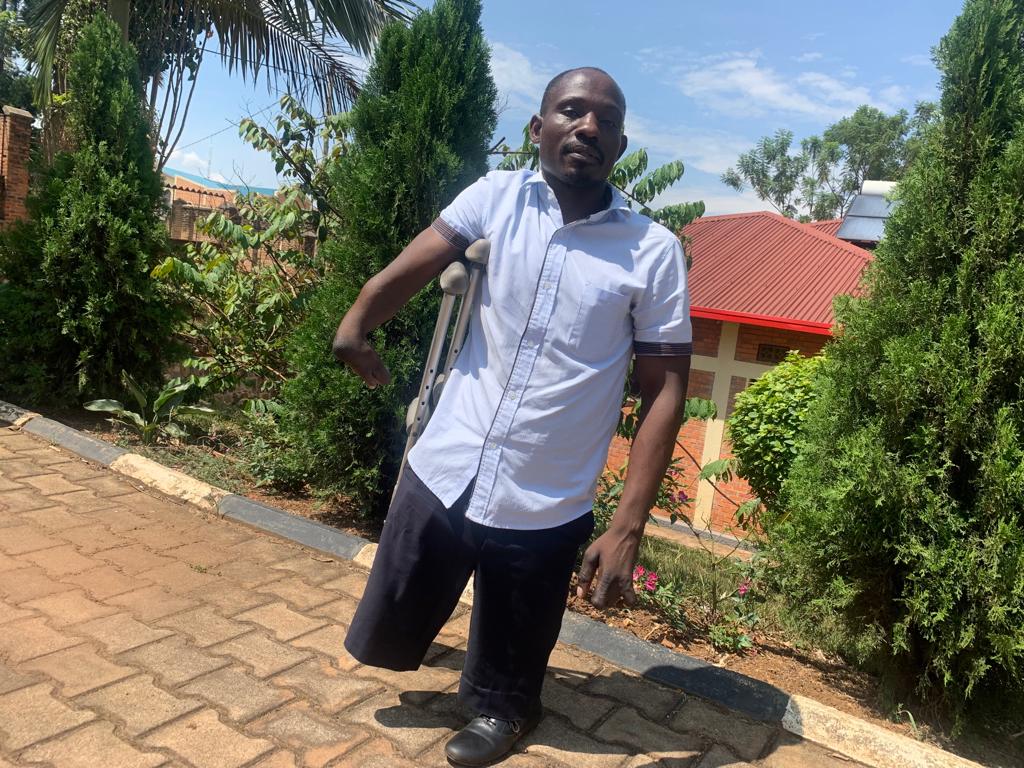
News
Shut Out
Play audio version
Inaccessible Job Opportunities a Pressing Issue for Rwandans with Short Stature
November 1, 2022
KIGALI, Rwanda – Despite graduating from the University of Rwanda with a bachelor’s degree in laboratory sciences over four years ago, Daphrose Yamfashije, a woman with short stature, has yet to find a full-time job. She’s worked part-time for organizations of persons with disabilities (OPDs), but her attempts at finding work at government and private institutions have been unsuccessful, she says.
“Mainly it is due to the physical and material inaccessibility in these institutions, as many laboratory materials like gloves, masks, tables are beyond my size, and moreover microscopes are at the tables that I cannot reach to,” explains Yamfashije. “I cannot be a clinical laboratory scientist without using microscopes and other laboratory machines.”
Yamfashije is not alone. In Rwanda, one of the many challenges persons with short stature face is a very low employment rate. Persons with short stature who are employed often work for OPDs. Manasseh Nzanira, vice president of the Rwanda Union of Little People (RULP), says that among the more than 200 RULP members across six districts in Rwanda, only one person with short stature is known to work for a government institution. The remaining members either work for OPDs or are unemployed.
Cyprian Niyibigira, a man with short stature who works for Association Générale des Handicapés du Rwanda (AGHR), says that persons with short stature have been marginalized for years. This marginalization has intensified since the end of the genocide in 1994, as Rwanda has experienced heightened economic and social development issues, including high rates of unemployment, he explains.
Persons with short stature and other marginalized groups face extra challenges in accessing employment due to various factors like negative attitudes of employers who value your disability before your ability.
Cyprian Niyibigira, Association Générale des Handicapés du Rwanda (AGHR)
“Generally, it is not easy for persons with any type of disability to find a job in Rwanda in any other private or public institution in Rwanda. They mainly work with their organization of persons with disabilities. But persons with short stature and other marginalized groups face extra challenges in accessing employment due to various factors like negative attitudes of employers who value your disability before your ability,” says Niyibigira. “This means that when you enter an organization searching for a job, they first analyze and count how much money they are going to spend [for] you to work safely.”
Despite legislation intended to protect rights to employment for persons with disabilities – and even incentives for employers to hire persons with disabilities – persons with short stature feel that employers have not complied.
Yamfashije says she encountered employers who didn’t want to make accommodations for her disability. “What I experienced is that they sometimes fear costs of new materials for me as a new employee and negative attitude toward my ability,” she says.
Systemic Inequities
Aside from employers reluctant to spend on accommodations, systemic inequities contribute to the low rate of employment for persons with short stature, RULP’s Nzanira says. “First of all, there is very low education level among persons with short stature in Rwanda. On the side of families and communities, they meet stereotypes; negative attitudes [have] denied them to access education,” he says. “Moreover, persons with short stature have [a lack of] self-esteem, self-isolation, personal historical background, [are] illiterate or lack adequate qualifications and are not welcomed in social or community activities and events.”
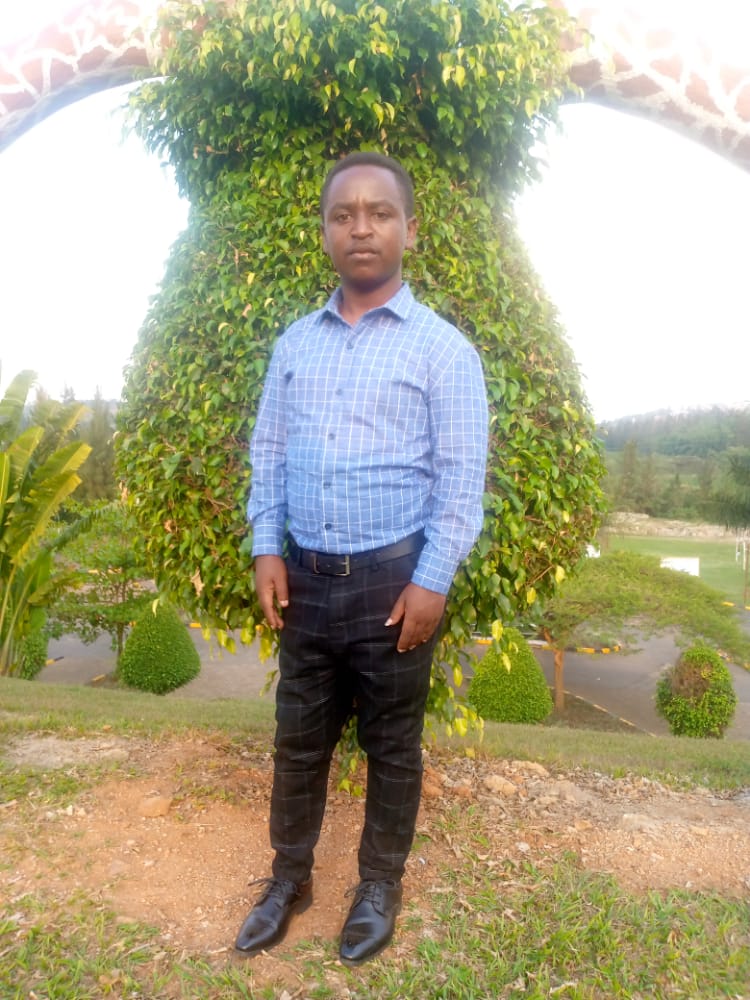
Nzanira added that inaccessible employment compounds the challenges persons with short stature already face, such as chronic poverty, mental health problems, high rates of unemployment, sexual and gender-based violence, and malnutrition. It also increases the number of people dependent on government support for their basic needs, he says.
“I wish the government should take appropriate decisions and put in place policies and ministerial orders determining the modalities of facilitating persons with disabilities to easily access employment in Rwanda,” says Nzanira. “And in addition, persons with short stature should have self-confidence, join other institutions and show them their ability or else start their own businesses.”
Francine Uwayisaba is a field officer at Rwanda Union of Little People (RULP) and in charge of the organization’s communications. She writes grants, manages RULP’s social media, and composes articles and weekly updates for the website. @2022 RULP. All rights reserved.
News From the Global Frontlines of Disability Justice
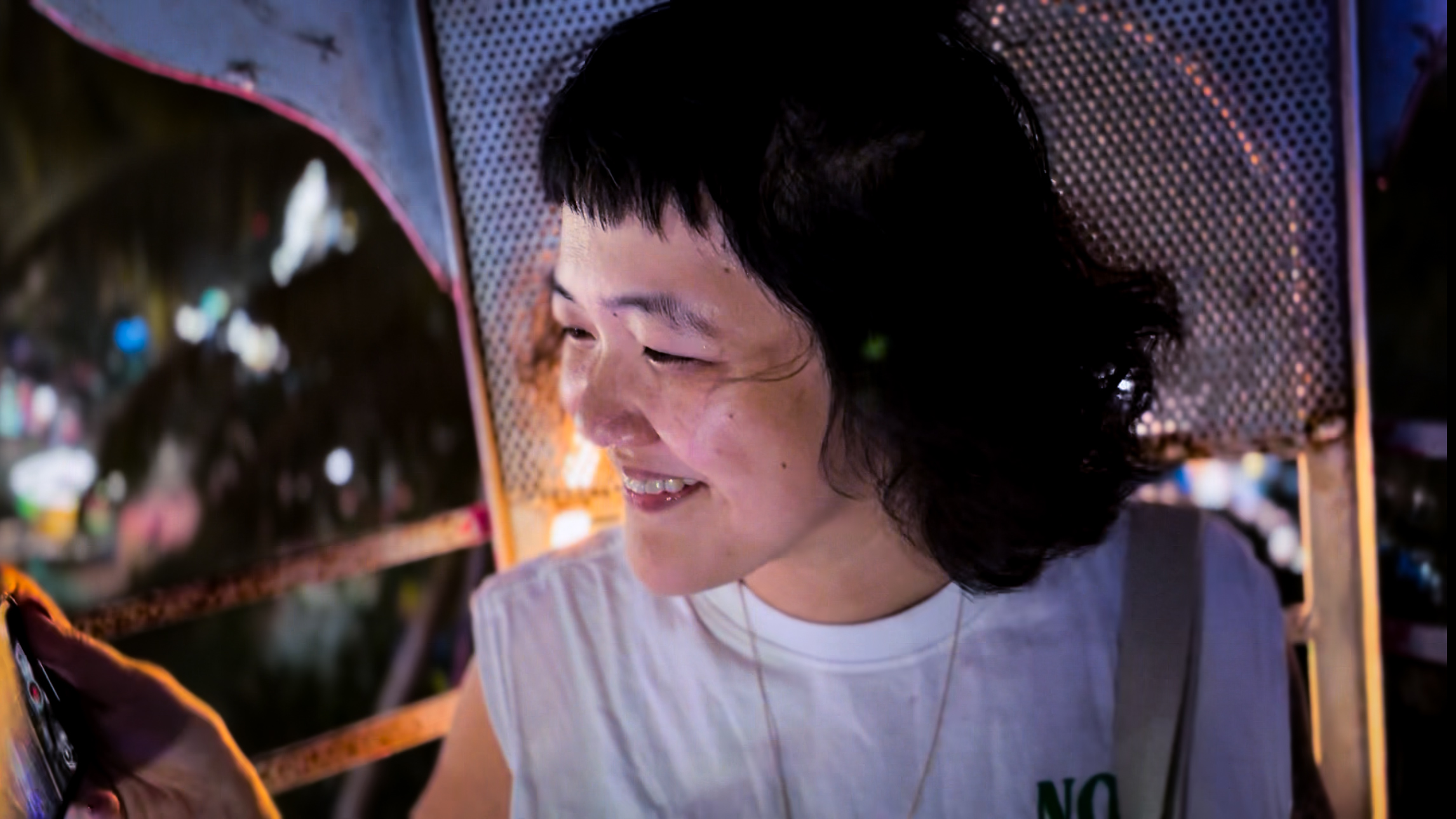
Autism, Reframed
Late in life, Malaysian filmmaker Beatrice Leong learned she was autistic and began reckoning with decades of misdiagnosis, harm, and erasure. What started as interviews with other late-diagnosed women became a decision to tell her own story, on her own terms. In The Myth of Monsters, Leong reframes autism through lived experience, using filmmaking as an act of self-definition and political refusal.
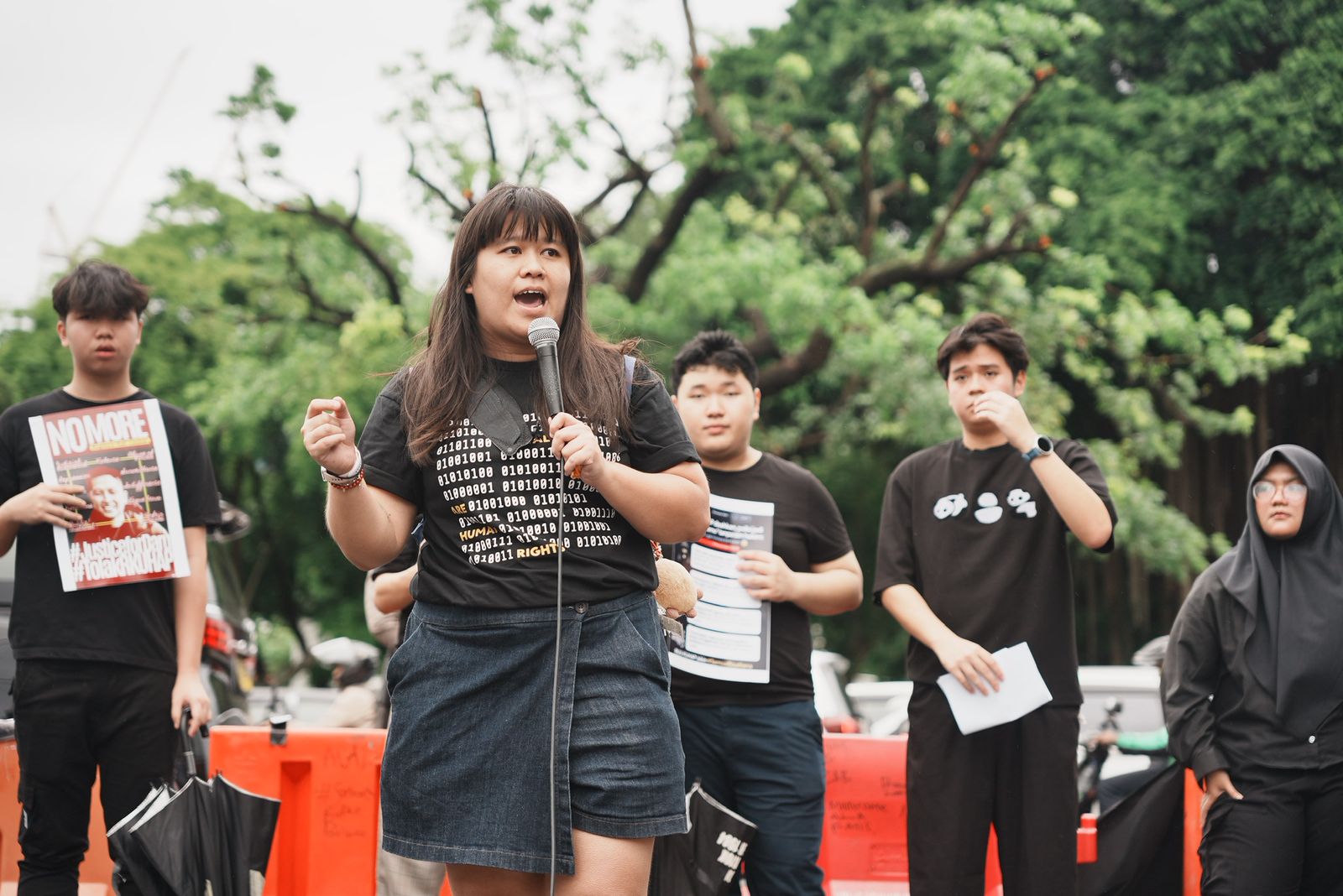
Disability and Due Process
As Indonesia overhauls its criminal code, disability rights advocates say long-standing barriers are being reinforced rather than removed. Nena Hutahaean, a lawyer and activist, warns the new code treats disability through a charitable lens rather than as a matter of rights. “Persons with disabilities aren’t supported to be independent and empowered,” she says. “… They’re considered incapable.”

Disability in a Time of War
Ukraine’s long-standing system of institutionalizing children with disabilities has only worsened under the pressures of war. While some facilities received funding to rebuild, children with the highest support needs were left in overcrowded, understaffed institutions where neglect deepened as the conflict escalated. “The war brought incredibly immediate, visceral dangers for this population,” says DRI’s Eric Rosenthal. “Once the war hit, they were immediately left behind.”
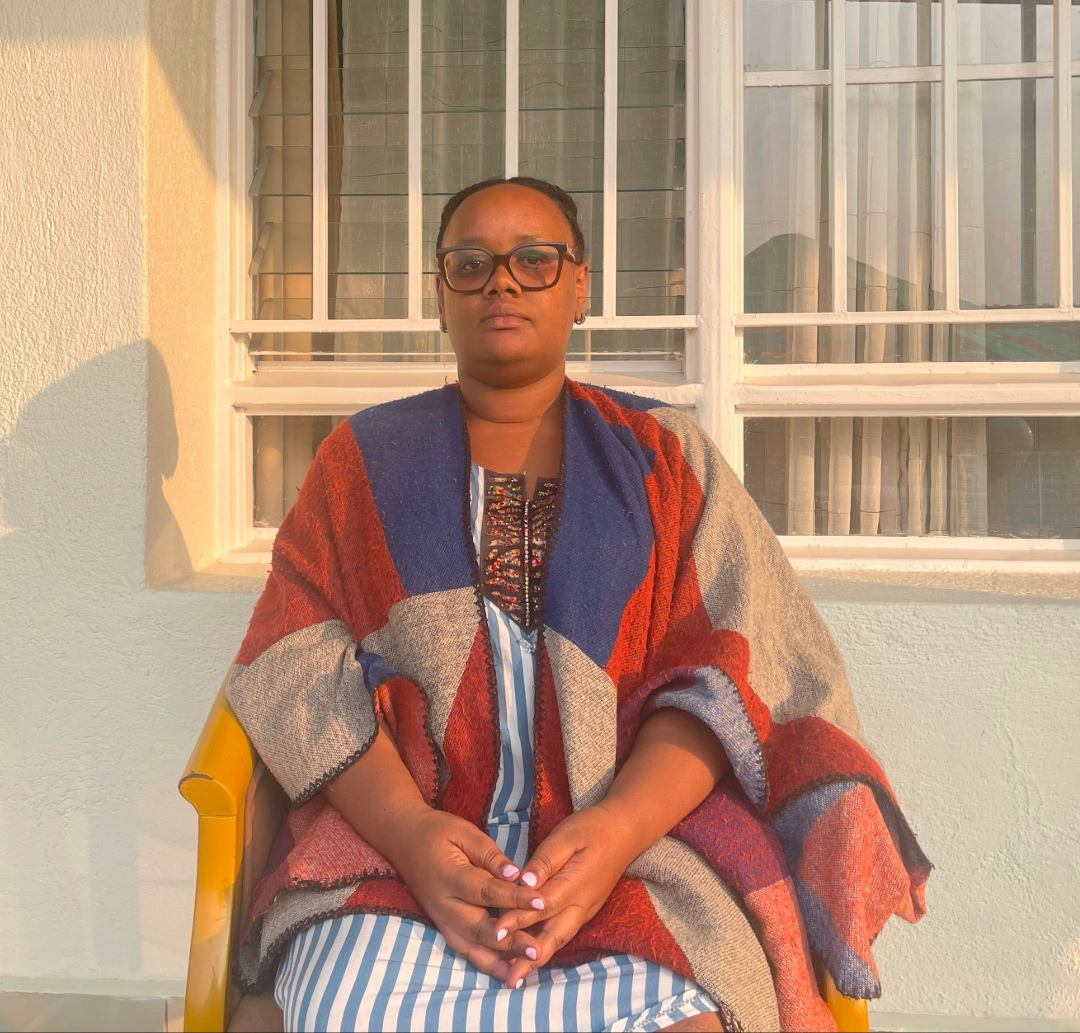
The Language Gap
More than a year after the launch of Rwanda’s Sign Language Dictionary, Deaf communities are still waiting for the government to make it official. Without Cabinet recognition, communication in classrooms, hospitals, and courts remains inconsistent. “In the hospital, we still write down symptoms or point to pictures,” says Jannat Umuhoza. “If doctors used sign language from the dictionary, I would feel safe and understood.”
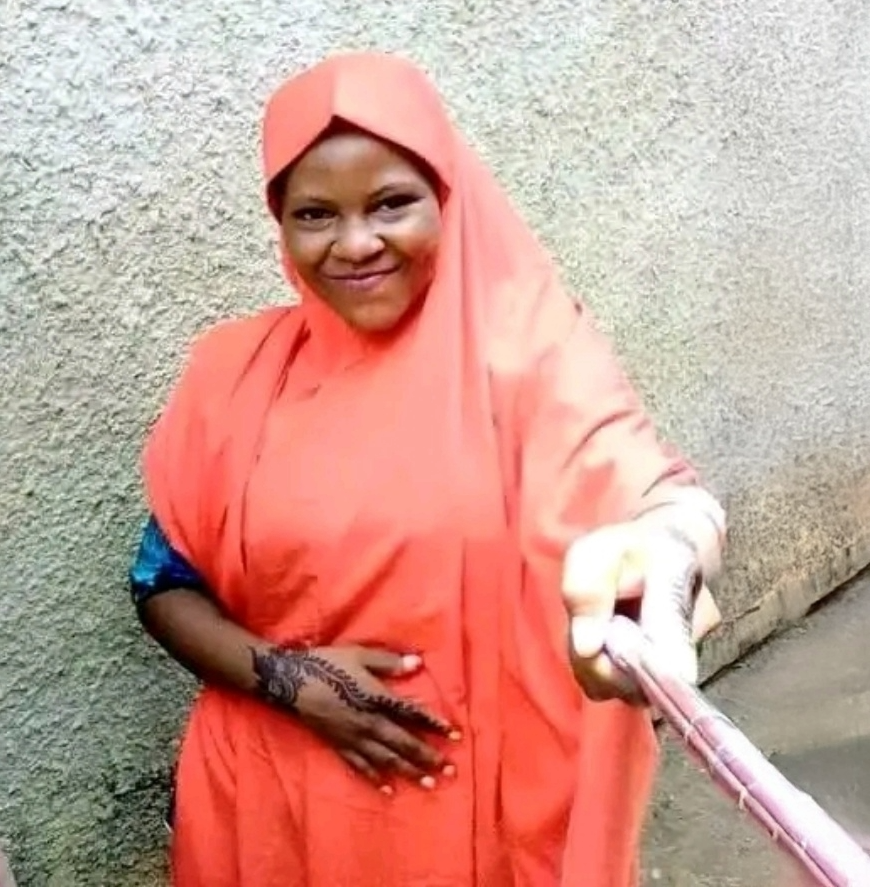
Failure to Inform
Zulaihatu Abdullahi dreamed of finishing school and building a home of her own. But at 19, she died of untreated kidney disease because no one could communicate with her in sign language. Her story reveals how Deaf Nigerian women are often left without lifesaving care. “If only she had access to healthcare where someone could guide her… explain each step, she might still be here,” says Hellen Beyioku-Alase, founder and president of the Deaf Women Aloud Initiative.
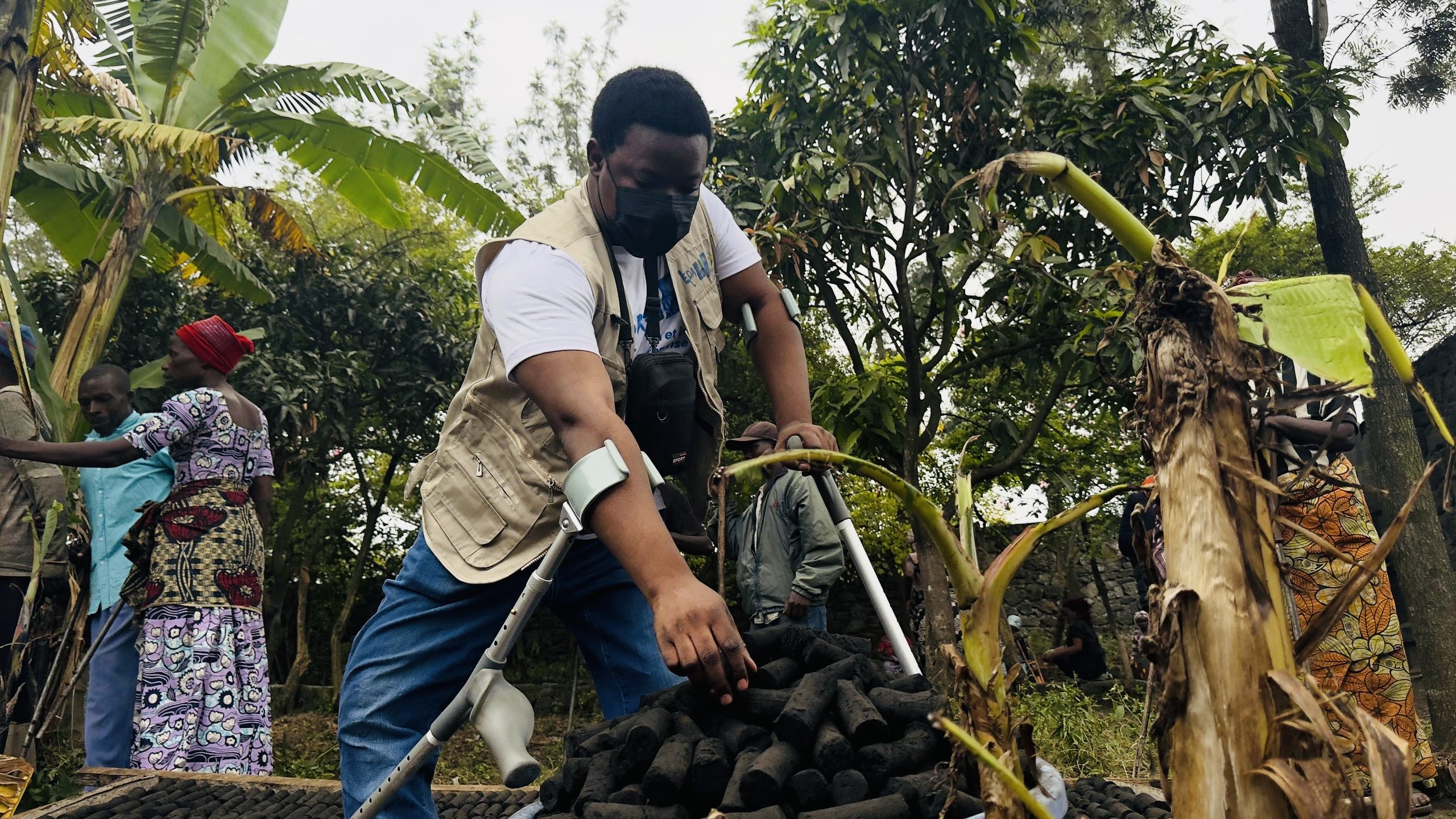
Disability in the Crossfire
In Goma, Democratic Republic of Congo, ongoing conflict and forced displacement have hit people with disabilities hardest. Rebel groups seized supplies from a clean cooking initiative designed to support displaced people with disabilities, leaving many trapped without aid. “It is still a big difficulty for authorities or government or humanitarian organizations to make a good decision which includes everyone,” says Sylvain Obedi of Enable the Disable Action.